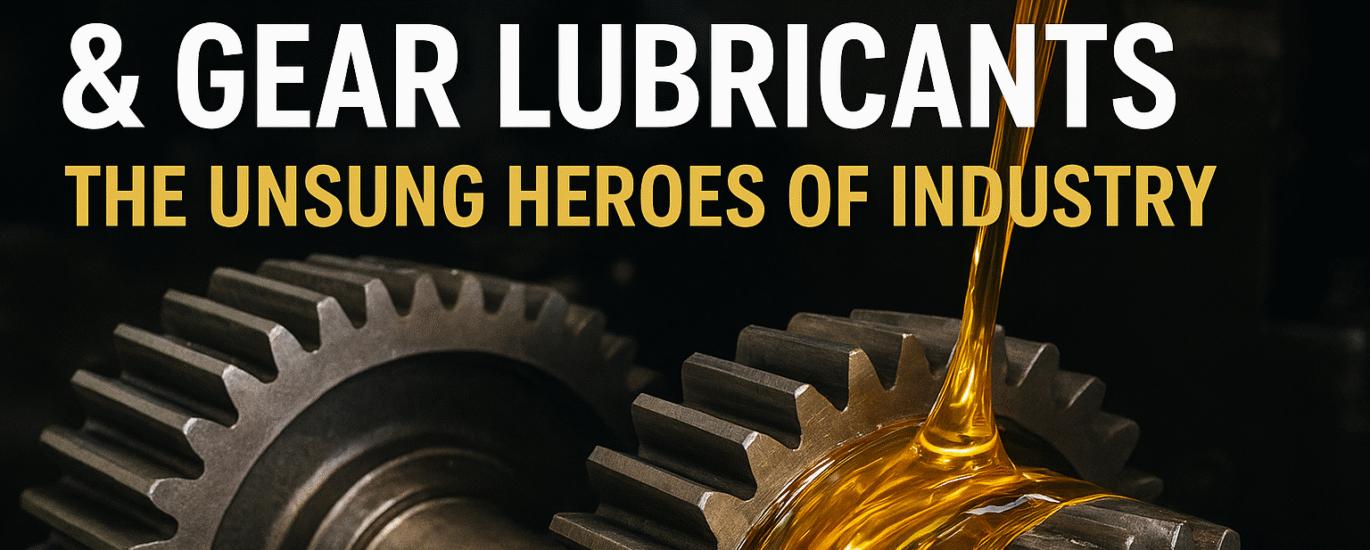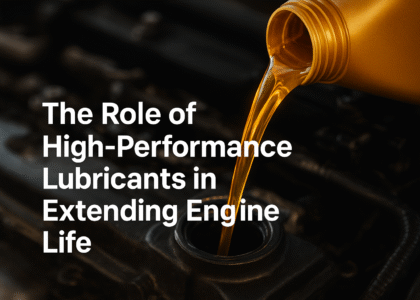Behind every massive crane, powerful bulldozer, or manufacturing machine, there’s an invisible force that keeps things moving smoothly—lubrication. While engines often get the spotlight, hydraulic oils and gear lubricants work silently in the background to ensure that machines run efficiently, reliably, and without costly breakdowns.
In the world of construction, mining, and manufacturing, these lubricants are the unsung heroes of industry. Let’s explore why they matter so much.
💡 Importance of Hydraulic Oil in Heavy-Duty Operations
Hydraulic systems are the lifeline of modern heavy machinery. They transmit power through fluid, enabling machines to lift, push, and perform tasks with precision. The role of hydraulic oil includes:
- Power Transmission – Converts hydraulic energy into mechanical movement.
- Lubrication – Reduces friction between pumps, valves, and cylinders.
- Cooling – Carries away heat generated during high-pressure operations.
- Protection – Prevents rust, corrosion, and sludge build-up inside hydraulic systems.
Without proper hydraulic oil, systems would overheat, wear prematurely, and eventually fail—leading to downtime and huge repair costs.
🔩 How Gear Lubricants Reduce Wear & Tear
Gears are at the heart of many industrial and automotive systems. They operate under high loads, pressure, and sometimes shock conditions. Gear lubricants ensure:
- Friction Reduction – Forming a protective film between gear teeth.
- Shock Absorption – Cushioning sudden load impacts in heavy machinery.
- Heat Dissipation – Preventing overheating during continuous operations.
- Longevity – Extending the life of gearboxes and transmissions.
High-performance gear oils are specially formulated to resist foaming, oxidation, and extreme pressures—keeping machinery reliable under the toughest conditions.
⚠️ Common Problems Caused by Poor Lubrication
Using the wrong oil—or not maintaining it—can cause serious issues:
- Increased Wear & Tear – Metal-to-metal contact due to oil breakdown.
- Overheating – Inefficient heat dissipation leading to part failure.
- Corrosion – Moisture inside the system causing rust and pitting.
- Sludge Formation – Contaminated oil blocking filters and valves.
These problems can bring entire operations to a halt, costing companies time, money, and productivity.
🛠️ Tips to Maintain Machinery Efficiency
To keep your hydraulic systems and gears in top condition:
- Use the Right Grade of Oil – Follow manufacturer specifications.
- Check Oil Levels Regularly – Prevent dry running of components.
- Monitor Oil Condition – Replace oil that appears dirty, foamy, or degraded.
- Use Quality Lubricants – Cheap oils may save money today but cost more in the long run.
- Routine Maintenance – Regular inspection of seals, filters, and oil quality is essential.
✅ Final Thoughts
Hydraulic oils and gear lubricants may not always be visible, but their impact is undeniable. They ensure machines work harder, last longer, and run safer. For industries that rely on uptime and efficiency, investing in the right lubricants is not an option—it’s a necessity.



